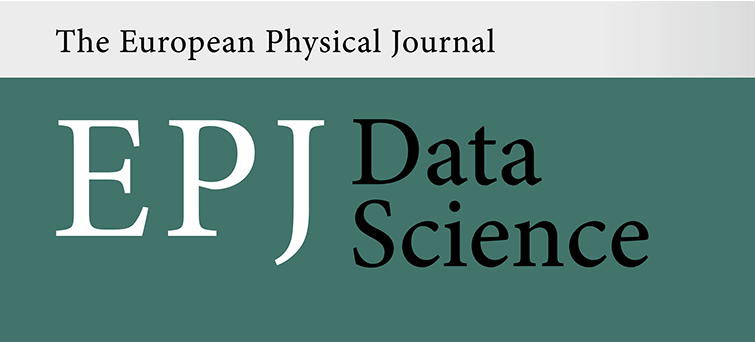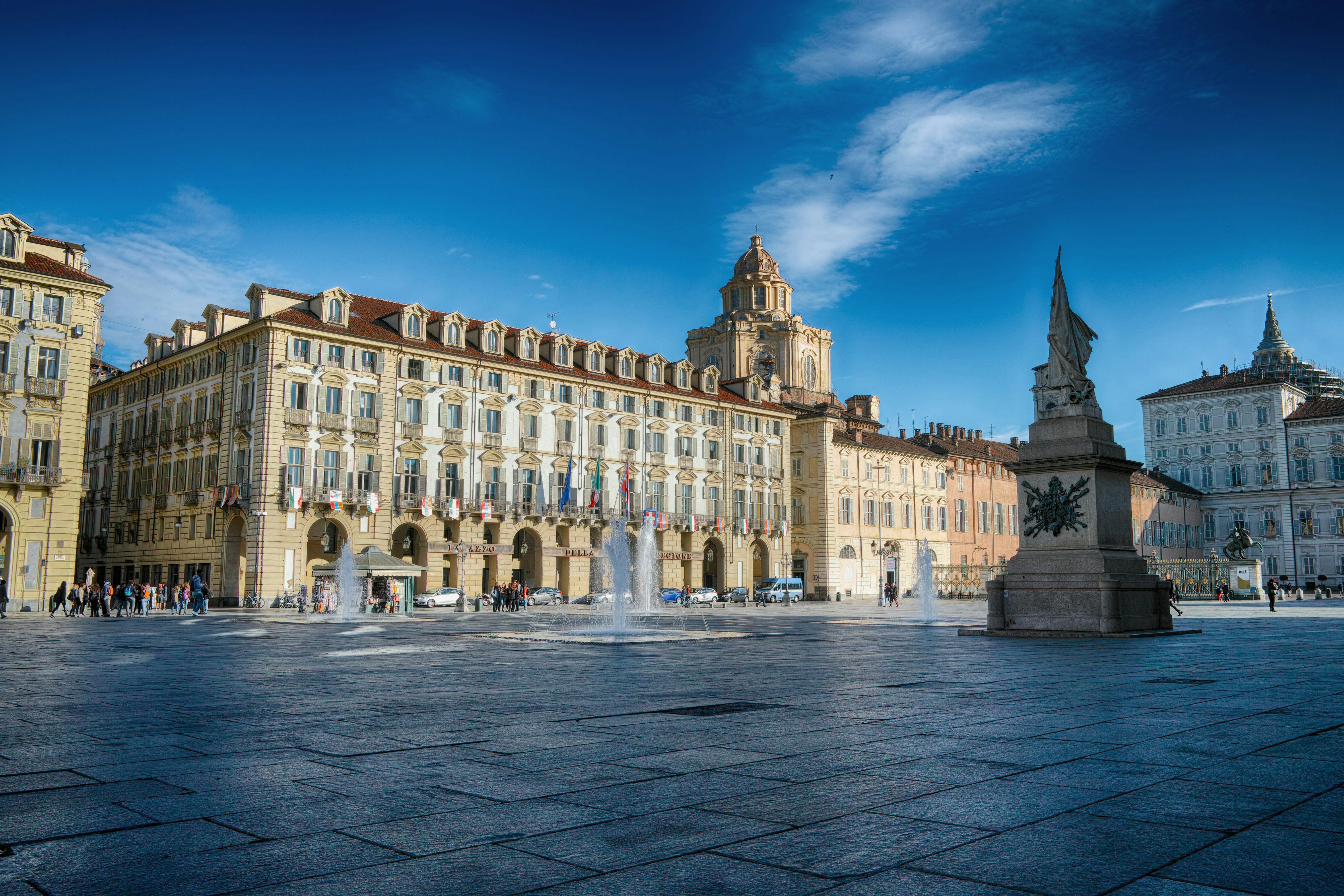About The Event
The CS2 Italy Conference is the premier venue for computational social scientists in Italy and it aims to become an important event for the international research community. The event will serve as a platform for researchers from different disciplines, including economics, sociology, political science, psychology, cognitive science, computer science, and the full range of natural and applied sciences, to explore the intersection of social phenomena and computational methods. With a focus on leveraging cutting-edge technologies to analyze, model, and understand human behavior, the conference promises insightful discussions, groundbreaking research presentations, and networking opportunities.
Where
OGR Torino, Italy
When
Tuesday to Thursday 19-21 May 2026
Invited Speakers
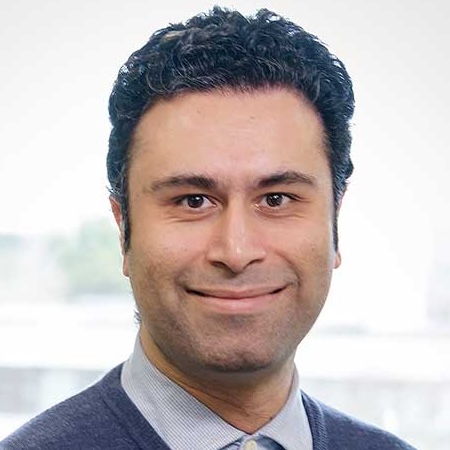
Taha Yasseri
Trinity College Dublin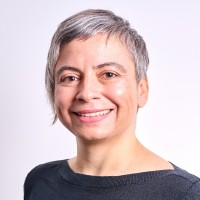
Milena Tsvetkova
London School of Economics and Political Science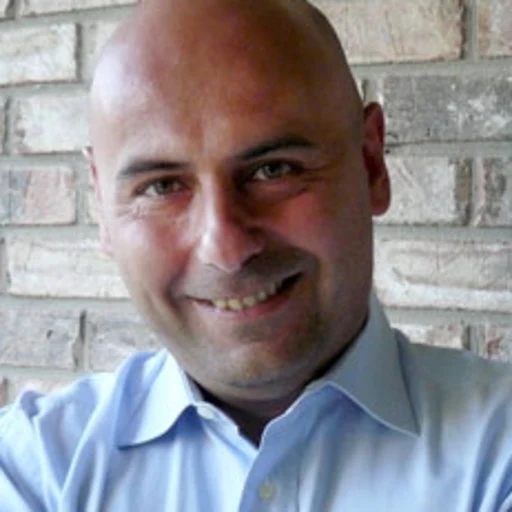
Alessandro Flammini
Indiana UniversityTopics
Computational Social Science Theory
Theoretical work that generates new insights, connections, and frameworks for computational social science research
- Theoretical discussions/concepts in computational social science
- Science and technology studies approach to computational science work
- Practical problems in computational social science
- Issues of inclusivity in computational social science
- Ethics of computational research on human behavior
Data-Driven Social Science
Data-driven work that describes and discovers social and cultural phenomena or explains and estimates relations between them and the larger society.
- Network analysis of social systems
- Methods and issues of social data collection
- Large-scale social experiments and phenomena
- Agent-based or other simulation of social phenomena
- Text analysis and natural language processing (NLP) of social phenomena
- Analysis of meaning through computational analysis of text, images, audio, video, etc.
- Use of computational methods to map and study cultural patterns and dynamics
- Social news curation and collaborative filtering
- Computational social science research in industry, government, and philanthropy
Method Exploration
Work that advances methods and approaches for computational social science.
- Methods and analyses of integrated human-machine decision-making
- Methods and analyses of biased, selective, or incomplete observational social data
- Methods and analyses for social information / digital communication dynamics
- Integration and triangulation of multi-modal social and cultural data
- Causal inference and computational methods for social science
- Neural network methods for social analysis and policy exploration
- Methods and analyses of algorithmic accountability and trustworthiness
- Building and evaluating socio-technical systems
- Reproducibility in computational social science research
- Infrastructure to facilitate industry/academic cooperation in computational social science
- Novel digital data and computational analyses for addressing societal challenges
Types of contribution
The accepted contributions will be selected for one of the following presentations:
- a lightning talk (~6 mins) in a plenary session
- an oral presentation in parallel tracks
Abstract Submission & Important Dates
Conference deadlines
Abstract submission: January 15, 2026 January 30, 2026
Notification of abstract acceptance: March 1, 2026
Early-bird registration deadline: April 15, 2026
Registrations close: May 14, 2026
Conference dates
Conference days: May 19-21, 2026
Abstract submission instructions
Submissions are in the form of extended abstracts (max 2 pages) written in English, in PDF format, formatted according to the official LaTex or MS Word template.
The submission should include a title, author names and affiliations, and an extended abstract (serving as the main text of the submission). The abstract should outline the impact of the work, along with (if relevant) the main theoretical contribution, data and methods used, and findings. Authors are strongly encouraged to include figures and/or tables in their submission (note that figures and/or tables, and references will not count towards the page limit). Submitted abstracts will undergo a single-blind review process. Follow the submission link below to submit your abstract.
Submissions will be non-archival, and thus the presented work can be already published, in preparation for publication elsewhere, or ongoing research. Abstracts will be reviewed by multiple members of a Program Committee composed of experts in computational social science. The accepted contributions will be selected for one of the following presentations: a lightning talk (~6 mins) in a plenary session, or an oral presentation in parallel tracks (~15 mins). Lightning talks will be preferentially assigned to those requesting this form of presentation at submission and to early career researchers. In order to be included in the program, at least one of the authors must register for the conference by the early-bird registration deadline.
Submission link: https://cmt3.research.microsoft.com/CSSItaly2026.
Registration
Early bird (until April 15, 2026)
- Senior fee: €300
- Post-doc fee: €200
- PhD fee: € 150
- Student Ma: €100
- Private fee: €400
Late bird (after April 15, 2026)
- Senior fee: €350
- Post-doc fee: €220
- PhD fee: € 160
- Student Ma: €100
-
Private fee: €500
- Conference Dinner: €70
Registration to the CS2Italy conference (all fees) includes a one-year membership to the Society “Computational Social Science Italy”
Venue
OGR
Torino, Italy
Corso Castelfidardo 22, 10128 Torino
General Chairs
ISI Foundation
Northeastern University and ISI Foundation
University of Trento
Institute of Cognitive Sciences and Technologies
Program Chairs
ISI Foundation
University of Trento
University of Torino - Collegio Carlo Alberto
University of Padova
University of Torino
University of Milan
Politecnico di Torino
CNR
Local Organizing Committee
(Chair) ISI Foundation
ISI Foundation
ISI Foundation
ISI Foundation
ISI Foundation
Northeastern University London and ISI Foundation
ISI Foundation
Steering Committee of the Society
University of Bologna
CNR
University of Trento
CNR
ISI Foundation
CNR
CNR
University of Milan
University of Milan
University of Padova
FBK
Bocconi University
CNR
University of Rome La Sapienza
University of Milan
University of Trento
National University of Singapore
Northeastern University
CNR
Program Committee
Luca Maria Aiello, Antoine Allard, Alessia Antelmi, Pablo Balenzuela, Stefano Balietti, Duilio Balsamo, Federico Bianchi, Elisabetta Biondi, Riccardo Boero, Sebastiano Bontorin, Federico Botta, Chico Camargo, Simone Centellegher, Giovanni Cerulli, Lorenzo Cima, Matteo Cinelli, Erica Coppolillo, Michele Coscia, Marco Cremonini, Gabriele D'Angelo, Antonio Desiderio, Niccolo Di Marco, Giovanna Dimitri, Max Falkenberg, Manuela Farinosi, Juan Fernandez-Gracia, Alessandro Galeazzi, Yérali Gandica, Floriana Gargiulo, Giampiero Giacomello, Fabio Giglietto, Nicolò Gozzi, Thilo Gross, Stefano Guarino, Roberto Interdonato, Andreas Kaltenbrunner, Teruyoshi Kobayashi, Krzysztof Krakowski, Lucio La Cava, Edward Lee, Giacomo Livan, Mariana Macedo, Gianluca Manzo, Manuel Sebastian Mariani, Mattia Mazzoli, Sandro Meloni, Radoslaw Michalski, Elena Morotti, Vittorio Nespeca, Elisa Omodei, Diogo Pacheco, Luca Pappalardo, Nicola Perra, Daniela Perrotta, Flavio Pinheiro, Alessandro Pluchino, Chiara Poletto, Giancarlo Ragozini, Andrea Rapisarda, Francesco Renzini, Luis E C Rocha, Anna Sapienza, Alessandro Sciullo, Albert Solé-Ribalta, David Soriano-Panos, Guillaume St-Onge, Massimo Stella, Michele Tizzoni, Sara Tonelli, Marco Tonin, Natkamon Tovanich, Alessandra Urbinati, Raffaele Vacca, Davide Vega, Giuseppe Veltri, Daniele Vilone, Maria Vitale, Antonio Zinilli



